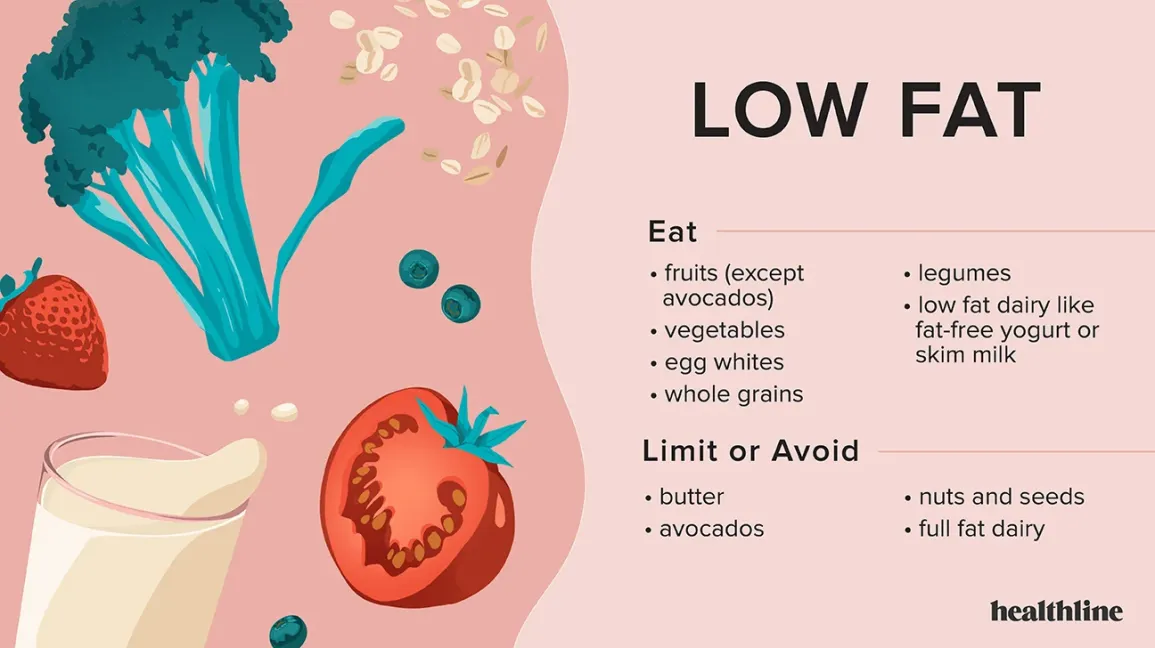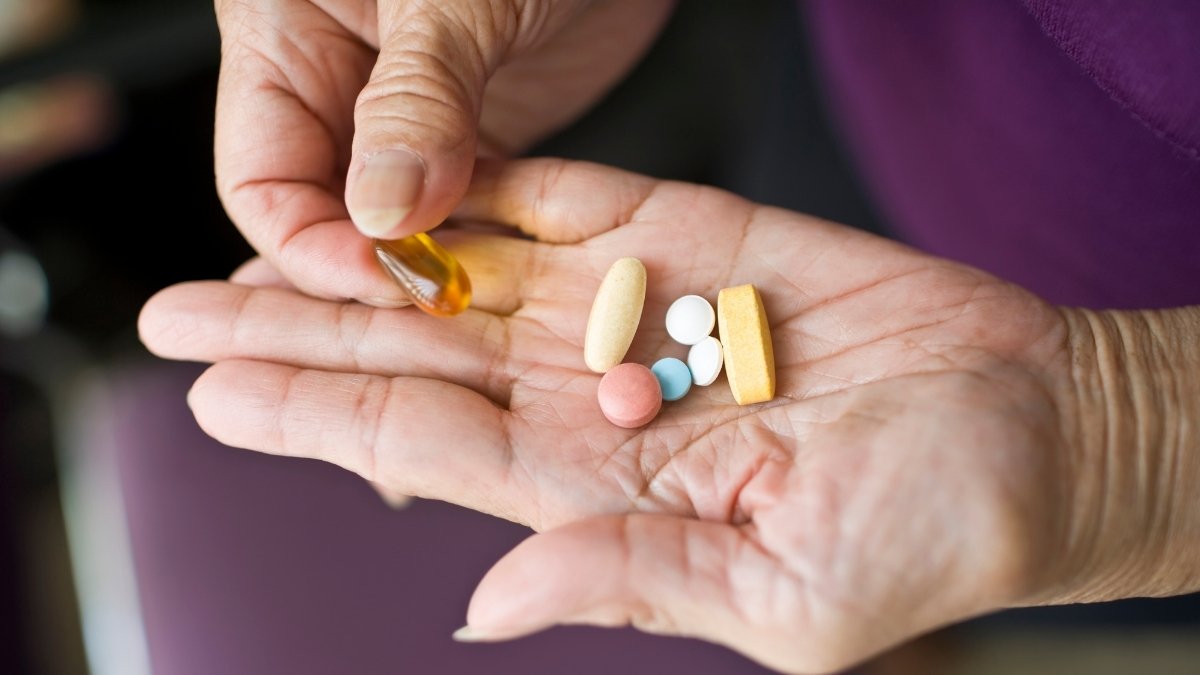Top Cardiologists Reveal: What People Over 60 Must Avoid Immediately

Heart disease remains the leading cause of death for people over 60 — yet most aren’t aware of the everyday habits quietly increasing their risk. From what’s on your plate to how you sleep, small choices can have massive consequences. The problem? Many of these threats don’t cause symptoms until it’s too late.
Seniors often trust common routines or “healthy” products that, in reality, damage the heart over time. This creates a dangerous false sense of security — and that’s exactly what top cardiologists are warning against. Ignoring these red flags can lead to heart attacks, strokes, or even sudden death.
But here’s the good news: you can take control today. We’ve gathered expert insights to reveal what people over 60 must stop doing immediately to protect their hearts — and possibly add years to their life. Your heart’s future starts here.
✅ Daily Overuse of NSAIDs (Non-Steroidal Anti-Inflammatory Drugs)
Painkillers like ibuprofen and naproxen are often seen as safe. But frequent use can silently harm your heart. These drugs increase fluid retention, raise blood pressure, and stress the cardiovascular system. Seniors using them regularly may be at a greater risk for heart failure, especially those already on blood pressure medication.
The danger lies in the silent buildup — you don’t feel it until something happens. Even over-the-counter doses can cause problems when used often. Aging kidneys process these drugs slower, which worsens the impact. Always weigh short-term relief against long-term damage.
Smart Usage Tips:
- Track Usage Weekly
Keep a simple log or phone note to see how often you’re using NSAIDs. - Limit to Acute Pain Only
Use them only for short-term relief — not daily discomfort. - Explore Natural Pain Relief
Try turmeric, gentle yoga, or heat therapy for ongoing aches.
✅ Consuming “Low-Fat” Processed Foods
Many “low-fat” or “heart-healthy” items on store shelves are far from helpful. They’re often pumped with sugars, sodium, and fillers to make up for lost flavor. This leads to blood sugar spikes, weight gain, and chronic inflammation — all contributors to arterial damage.

Labels like “low-fat” don’t equal healthy. A lot of frozen meals, flavored yogurts, and cereals marketed this way are stripped of nutrition. These cause more harm than good when consumed regularly. A misleading label shouldn’t decide your health choices.
Smart Nutrition Tips:
- Read Ingredient Lists, Not Just Labels
Look for real foods in the first three ingredients. - Avoid Long Shelf Life Items
Fresh food spoils faster for a reason — it’s alive. - Use Healthy Fats Instead
Choose avocado, olive oil, and nuts in moderation.
✅ Ignoring Sleep Apnea Symptoms
Loud snoring, frequent waking, or morning fatigue may seem harmless but could signal sleep apnea. This condition lowers oxygen levels during sleep, putting extreme stress on the heart. Without enough oxygen, the heart works harder all night.
Over time, this raises the risk of irregular rhythms, high blood pressure, and even stroke. Many older adults dismiss sleep disturbances as aging, which delays diagnosis. Sleep apnea isn’t just about poor rest — it’s a cardiac threat hiding in plain sight.
Sleep Protection Tips:
- Record a Night’s Sleep
Use a phone app or ask your partner to monitor your breathing. - Watch for Daytime Clues
Brain fog, dry mouth, and morning headaches can signal a problem. - Get a Sleep Study Done
A simple test can detect the issue and lead to effective treatment.
✅ Excessive Sitting Without Movement Breaks
Extended sitting — whether watching TV, driving, or working — leads to poor blood flow. Over time, this causes veins to stiffen and raises the risk of clots and heart strain. Even seniors who exercise daily are at risk if they sit for long stretches.

The body needs movement throughout the day to keep circulation strong. Lack of motion causes blood pooling in the legs, swelling, and higher blood pressure. It’s the stillness that creates problems, not just the absence of exercise.
Movement Tips for Heart Health:
- Set a 30-Minute Timer
Stand or walk for 3–5 minutes after every half-hour of sitting. - Use Visual Cues
Place reminders near the TV or computer to nudge movement. - Add Gentle Activities
Light housework, stretching, or walking inside counts too.
✅ Drinking “Heart-Healthy” Alcohol Daily
The idea that daily wine is good for your heart isn’t as true as it sounds. New research shows even light drinking can raise blood pressure in older adults. It also increases the risk of irregular heartbeat, especially atrial fibrillation. Alcohol affects how medications work and adds extra strain to aging organs.

For people over 60, the risk often outweighs the benefit. What’s considered “moderate” is different for each body — and one glass a day can still trigger problems. Over time, regular drinking quietly chips away at heart function.
Smart Alcohol Tips:
- Take Regular Breaks from Drinking
Choose alcohol-free days each week to reset your system. - Watch Serving Sizes Closely
A wine glass is often larger than a real “serving” — measure it out. - Replace with Healthier Rituals
Herbal teas or infused water offer the same relaxation without risk.
✅ Neglecting Emotional Stress and Loneliness
Emotional stress is more than a feeling — it’s a biological trigger. Long-term loneliness or anxiety raises cortisol levels, which inflame and weaken the heart. Seniors often underestimate the toll isolation takes on their body. Relationships, connection, and calm aren’t just nice to have — they’re critical for heart strength.

Stress doesn’t need to be dramatic to cause harm; even low-level tension builds over time. Left unchecked, it increases blood pressure, sleep problems, and heart disease risk. The body feels what the mind holds on to.
Emotional Wellness Tips:
- Build Small Daily Connections
A 5-minute call or chat with a neighbor helps more than you think. - Use Breathing Exercises for Relief
Slow, deep breathing calms both the heart and nervous system. - Join Local Groups or Activities
Shared hobbies give both purpose and social support.
✅ Discontinuing Prescribed Medications Without Consulting Doctors
Stopping your meds without talking to your doctor is one of the fastest ways to trigger a heart emergency. Blood pressure drugs, statins, and heart rhythm meds all work in the background. Quitting suddenly can cause sharp rebounds — like rapid heartbeat or chest pain.

Feeling better doesn’t mean the risk is gone; it just means the medicine is working. A skipped refill, forgotten dose, or casual stop can undo months of progress. Some drugs require gradual tapering. Decisions about prescriptions should always be guided — never guessed.
Medication Safety Tips:
- Schedule Monthly Check-ins
Quick chats with your doctor can adjust meds safely if needed. - Use Pill Organizers or Reminders
Forgetting doses leads to unplanned gaps — easy to fix with routine. - Ask Before Making Changes
Even lowering your dose should come with medical guidance.
7 General Tips:
- Limit over-the-counter painkillers to short-term use only.
- Always check food ingredient lists, not just health labels.
- Watch for sleep apnea signs like snoring and fatigue.
- Break up sitting time with short movement every 30 minutes.
- Avoid daily alcohol under the assumption it’s heart-friendly.
- Stay connected socially to reduce emotional stress on the heart.
- Never stop prescribed heart meds without consulting your doctor.
Final Thought:
hat feels harmless today could be quietly harming your heart tomorrow. From mislabeled foods to daily habits we overlook, the real danger lies in what we think is safe. Top cardiologists agree — prevention isn’t just about what you do, but also about what you avoid.
If you’re over 60, these small changes aren’t optional — they’re urgent. Don’t wait for a warning sign that may come too late. Your heart deserves more than guesswork — it deserves attention now.






